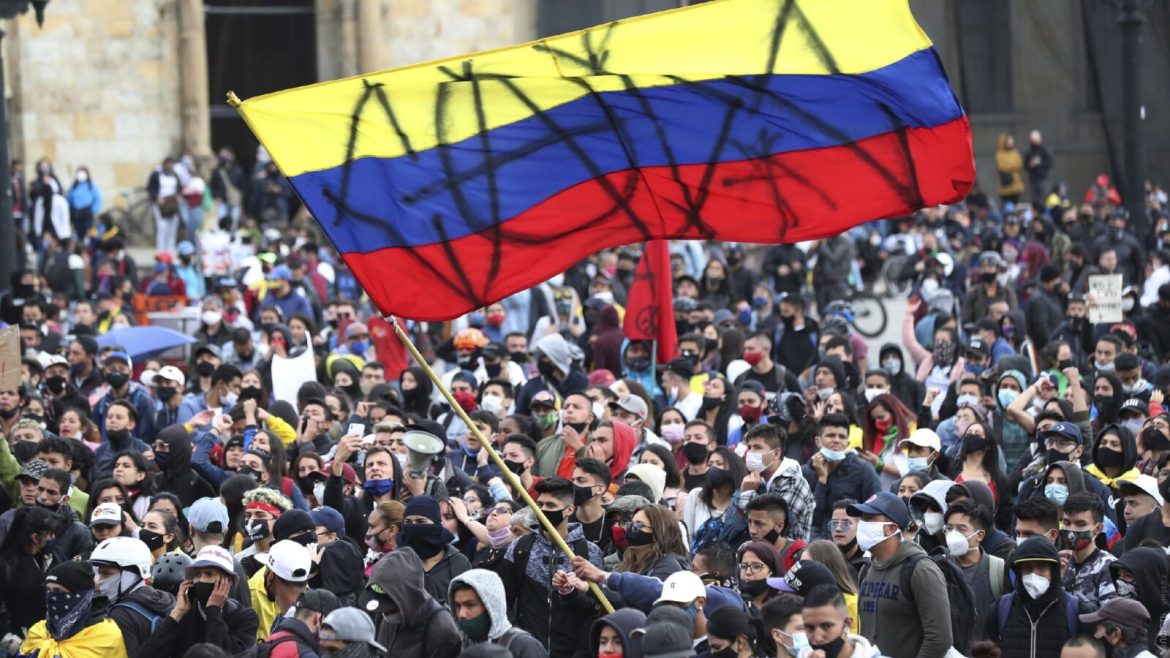Rod Stewart fans are furious after the singer allegedly ran off stage during a performance in Plymouth.
The legendary musician performed at Home Park Stadium on Saturday night to kick off his summer tour of the United Kingdom.
The 78-year-old rocker’s performance, however, seemed to be cut short when there was silence on stage at 10:30.
It was apparently due to a strict curfew in the venue, but stunned fans were quick to complain.
One fan described how after attending a Rod Stewart concert last night he finished his penultimate song, ‘We Are Sailing’, but was told it was 10.30pm and he could not continue. With those words, Rod stormed off stage, leaving the concert in the dark, only to be told that the Lord Mayor had stopped him. The fans, naturally, were stunned and disappointed at the same time.
A man dressed in black came on stage and told Rod to leave because of the curfew. Of course, Rod quickly left and the lights came back on. No farewell to the fans, no encore came out. Everyone was stunned by the abrupt and rude ending to an incredible concert.
Fans are wondering who was the man in black who asked Rod to leave the stage and why, even though he was asked to end the concert, Stewart can’t say goodbye first?
Fans sympathize with what Stewart went through, but then they couldn’t understand how he personally could be so rude. And neither could his crew.










